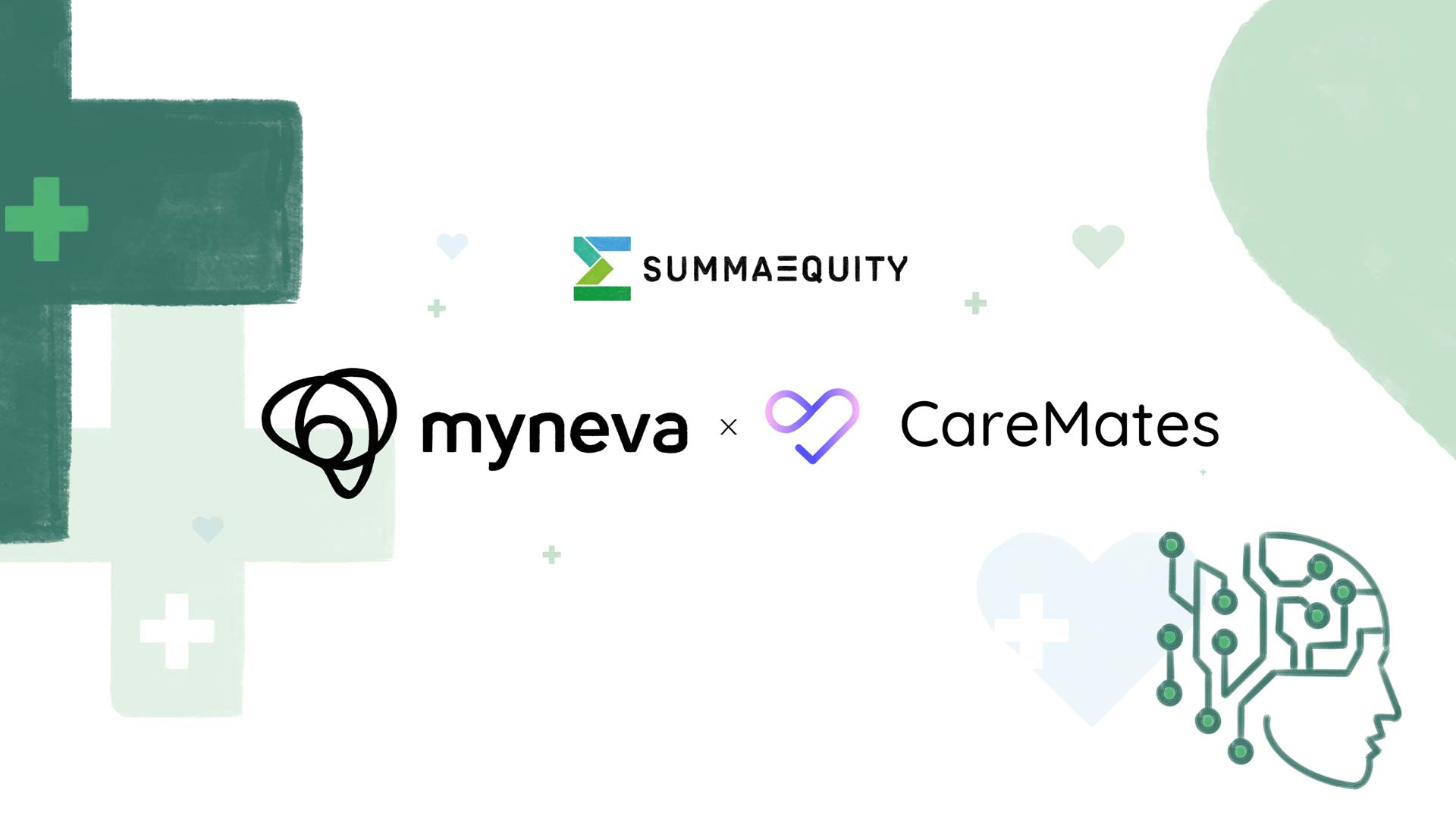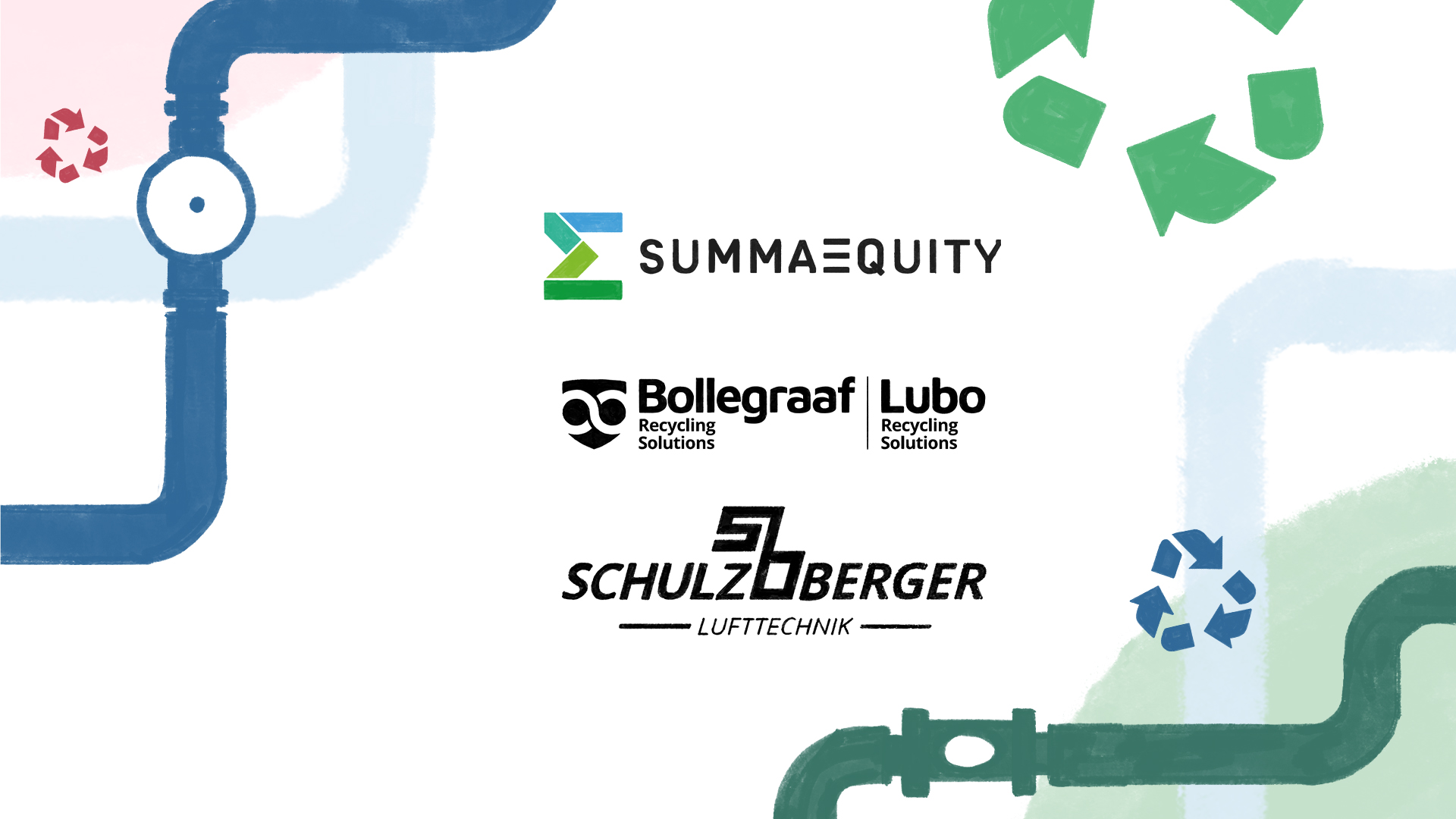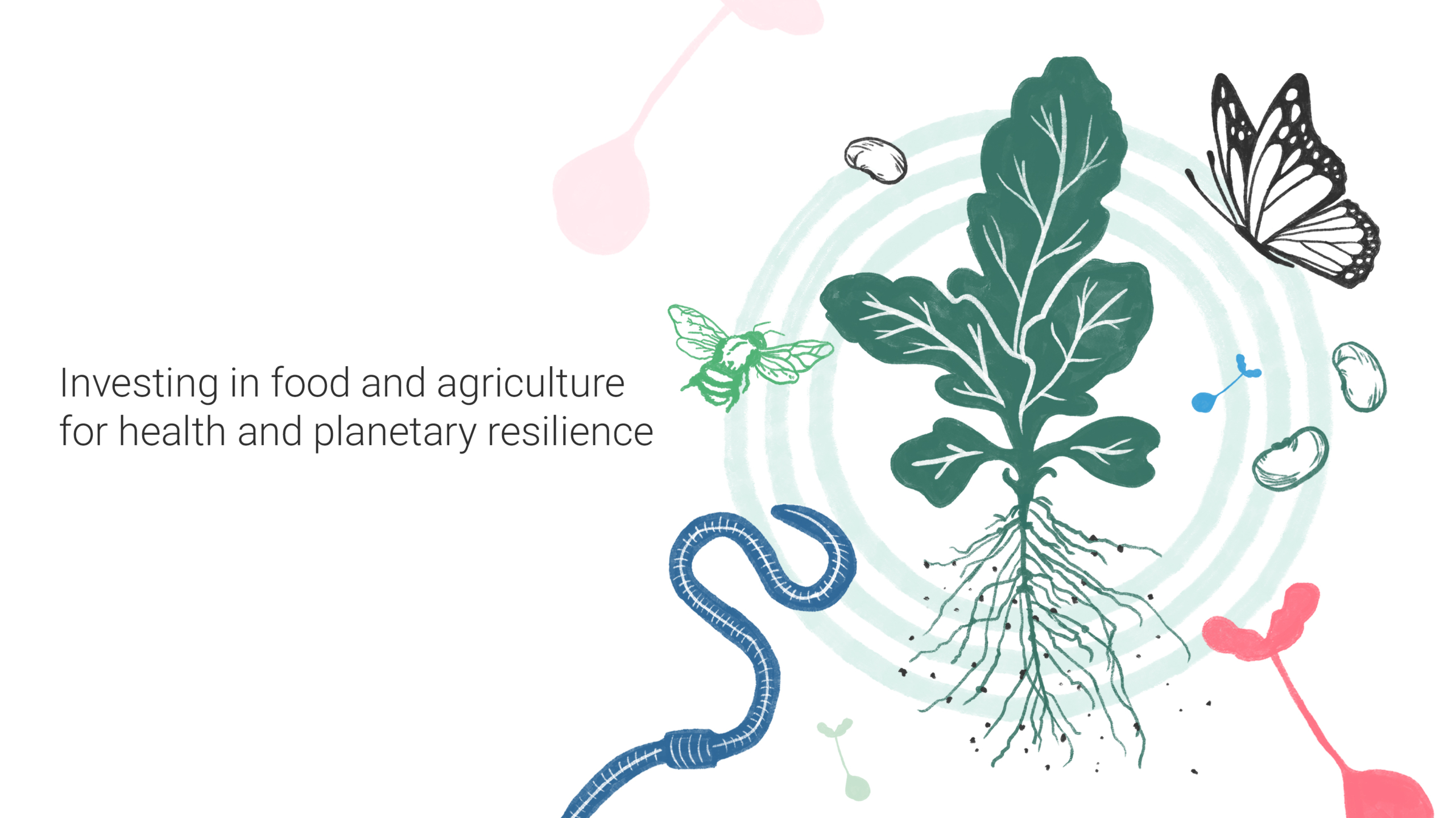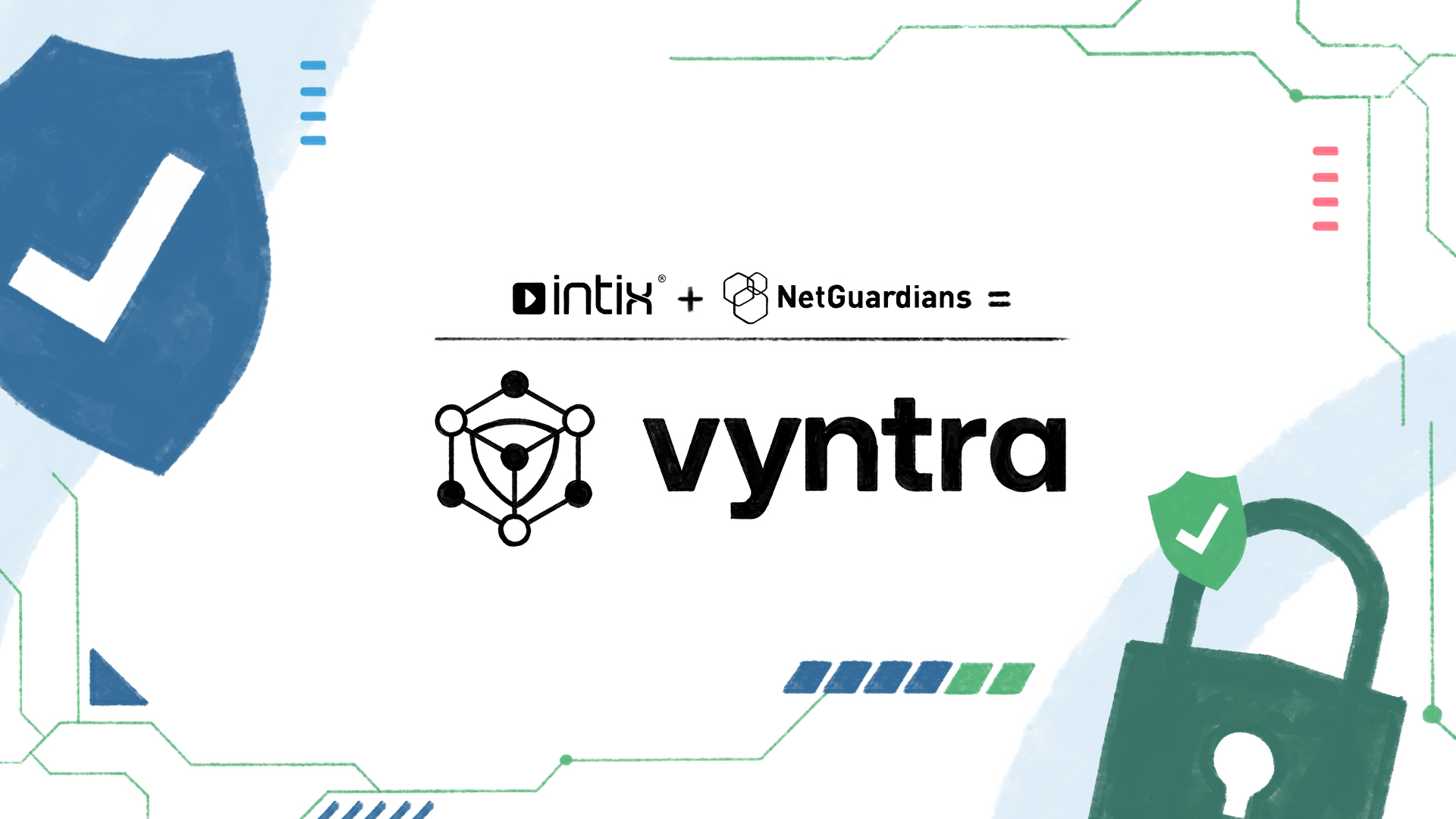Why Collaboration is Key to Achieving the 17 SDGs
John W MacArthur is Senior Fellow and Director of the Centre for Sustainable Development at the Brookings Institution, and co-founder and co-chair of 17 Rooms, a partnership between the Center for Sustainable Development at Brookings and The Rockefeller Foundation.
- Podcast
7 min read

Getting involved with the Sustainable Development Goals (SDGs)
While John was first involved with the United Nations helping work towards achieving the Millennium Development Goals; today he’s working not so much on the next set of goals – the Sustainable Development Goals (SDGs) – himself, but rather on catalyzing others’ action toward achieving these goals.
Because the answer doesn’t lie with the work of one person, says John, it’s going to require global collaboration to sort out the world’s problems:
“I see the Sustainable Development Goal challenge as an amalgam of those problems. There are 17 of these goals, across basic human needs, across jobs and economic opportunity and how our planet works, and how we work together.”
While there is evidence that more and more people are talking about these goals, and the need to achieve them, the challenge is that people aren’t actually taking action on them, as is needed.
The 17 Rooms initiative
John co-founded the 17 Rooms initiative as a fresh approach to catalyze next step actions for achieving the SDGs. In this program, every SDG has a seat at the table, but rather than deliver presentations about the goals, the focus is on having conversations about taking next steps towards the goals.
“When I go out into the world and talk about the Sustainable Development Goals, one [of the barriers] is that the goals are just so big. How to transform our world might be a motivating tagline, but it’s not really an actionable one. It’s just too big.”
Also, says John, the goals’ deadlines are too far off for people to feel a sense of urgency. Having just gone through the pandemic, people are currently fighting to get their lives back on track. The other issue people have, says John, is their world view extends to the edge of their village, town, or community. 17 Rooms is meant to be an antidote to these barriers.
“We’re not claiming to be the entire solution to the Sustainable Development Goals. The issues are too big for that. But we are trying to be an entry point for people to take decisive next steps on each of the goals, to bend the curves towards action.”
You literally just have to pick a lane, says John, then niche down with an issue that resonates with you, and figure out how to take a decisive next step within each goal. That’s how progress happens.
17 Rooms X
Alongside 17 Rooms, the initiative also has what they call 17 Rooms X, which is a way for communities to take their problem solving into their own hands without the discussion descending into arguments over what’s the most important issue.
The 17 SDGs, says John, are the summary of what is most important; they’re a way to get everyone on the same page, figuratively and literally. And then it’s problem solving in parallel and in concert.
“We need a bit of a symphony where we need the violins to play, we need the pianos to play, and we need someone on the drums. But it’s actually a little more jazz than symphony, of finding harmony, where each of the communities that has its own view of what’s the right sound, what’s the right melody, can problem solve on their own, but come together to do it in concert.”
The deepest change, says John, comes from people saying: ‘no, what we are going to do is X’. And the ‘we’ is more important than the ‘I’. Personal responsibility is huge, but so much of it comes down to group empowerment.
To stay relevant, businesses need to lean in
For businesses that lean in and lead the way, the value creation opportunity here is huge, says Reynir, this disruption is going to be even bigger than the .com disruption.
“If you look at the 10 largest companies before the.com, where are they now? Most of them are gone. That’s the same thing happening now. Businesses that don’t lean in and don’t jump into one of the 17 rooms and are not part of leading the way and creating that leadership. They’re going to be disrupted.”
How to get involved in 17 Rooms
There are two ways you can get involved in 17 Rooms, says John:
-
If you want to take part in the global flagship program, the team at 17 Rooms curate the rooms. They operate an open door policy for nominations, kind of like a call for submissions – anyone who wants to bring a room idea to the table can bring it through the online portal.
-
The second way is to organize rooms yourself through the 17 Rooms X program. The team is actively looking for strategic partners right now, that is, people in different parts of the world who might be able to help innovate and tweak the methods to make them work best for their community.
The value of bypassing legacy systems
In the West, says Reynir, one of our biggest challenges is finding a solution for global problems with legacy systems still in place. In developing countries, they have an opportunity to skip ahead because they don’t have to navigate existing systems. They can move much faster forward and create more efficient value chains that adopt new technologies without having to deconstruct legacy systems first.
For example, John reckons for a very small amount of investment, it’s totally viable that we could end extreme poverty by 2030, simply by utilizing mobile technology to quickly identify the poorest people in society, and do cash transfers at very low cost. This idea is based on the pioneering program the Minister of Digital Technologies in Togo operated during COVID, using mobile technology to hyper target people to get cash to them quickly via external partners.
“If there’s a disaster, we now have global wisdom to build the infrastructure to help people. If we can do it for a disaster, we could do it for basic social protection for minimum subsistence needs to help communities. And that is potentially a gateway to doing it for all of humanity.”
The world needs trust, hope, agency and human connection
What the world needs most right now, says John, is trust. We need to think about sources of trust, and sources of hope, because these two things go together. If you lack trust in the world around you, it diminishes hope. But in order to sustain hope you need a bit of trust.
Plus, people need agency. They need to feel that what they are doing is making a difference. And they need a sense of community, that they’re not doing it alone.
“The world is like a bicycle, where it’s much more likely to fall over if it’s standing still. We need to find ways to help people pedal their collective bicycles forward, so that they have a sense of where they can go together.”
How to design your life work
If you’re just starting out in the world of work, think about what you want to work on, says John, not where you want to work. Because where you end up doing the work you want to do might not be somewhere you’ve heard of before.
Then identify who is doing the work, and figure out how you can get involved with working alongside them. That might be a professor at your university who has a research project you can be involved with, or an organization that is doing something compelling that you can volunteer with.
“It’s really important for young people to know the reason we have these problems today is because the previous generation hasn’t figured it out. So don’t wait on them to solve this, you are actually probably even better placed to solve it than the previous generation, because you don’t think things have to work the way they work.”
The Summa Summarum newsletter
Sign up to our newsletter
Latest readings
News
myneva Group, part of Summa Equity, acquires Kuidado GmbH and strengthens digitalization in social sector
Read more
Summa Equity adds Schulz & Berger to its waste equipment platform to accelerate growth and innovation in circular economy technologies
Read more
The case for scalable regenerative agriculture
Read more
Investing in food and agriculture for health and planetary resilience
Read more
NetGuardians and Intix unite to form Vyntra
Read more